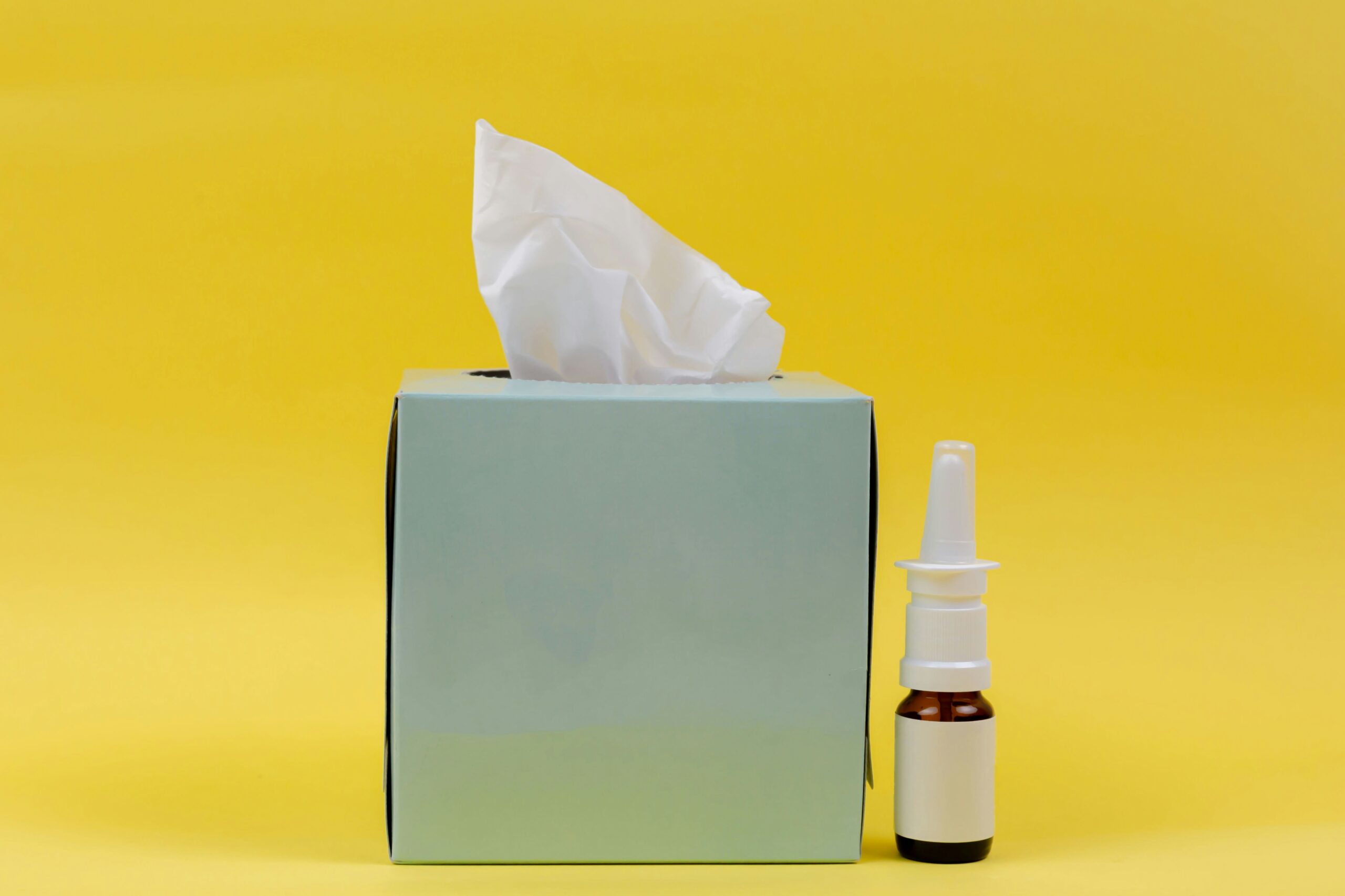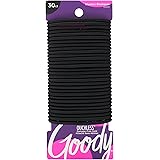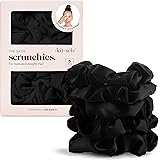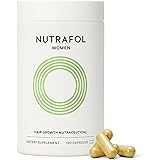Introduction to Deep Conditioning
Deep conditioning treatment is a pivotal step in any effective hair care regimen. Unlike regular conditioning, which typically provides surface-level moisture and detangling, deep conditioning penetrates the hair shaft to deliver intense hydration, vital nutrients, and restorative ingredients. Understanding the essence of this treatment can significantly enhance the overall health and appearance of your hair.
So, what exactly is deep conditioning? It involves the application of a nourishing, often protein-rich, treatment designed to infiltrate the inner layers of the hair. This process helps repair damage from styling, heat exposure, and environmental stressors while fortifying the hair structure from within. The result is hair that feels softer, stronger, and more resilient.
The importance of deep conditioning cannot be overstated. Incorporating it into your hair care routine can address various hair concerns such as dryness, brittleness, breakage, and frizz. For individuals with chemically treated or color-treated hair, the benefits are even more pronounced as deep conditioning helps maintain the hair’s integrity and vibrance.
Distinguishing deep conditioning from regular conditioning is crucial for understanding its unique benefits. Regular conditioners are formulated for daily use, offering quick and superficial conditioning to keep hair manageable and smooth on the surface. Deep conditioners, on the other hand, are typically thicker and enriched with higher concentrations of active ingredients. They are meant to be used less frequently but for a more extended period, allowing thorough absorption and maximized benefits.
Incorporating deep conditioning treatments into your hair care routine can be transformative. By providing the necessary care and nutrients that go beyond the daily conditioner, you can ensure that your hair remains in optimal condition, combatting the adverse effects of everyday wear and tear. This foundational step is essential for anyone looking to improve their hair’s health and aesthetic appeal.
Moisture Retention
One of the primary advantages of deep conditioning treatments is their ability to retain moisture in the hair, which is crucial for preventing dryness and brittleness. The effectiveness of these treatments hinges on the inclusion of hydrating ingredients that penetrate deeply into the hair shaft, providing long-lasting hydration. Components such as aloe vera, hyaluronic acid, and natural oils like argan and coconut oil are common in deep conditioning formulations, owing to their superior moisturizing properties.
These hydrating ingredients not only help in sealing moisture but also form a protective layer on the hair, reducing frizz and improving texture. The impact of moisture retention on hair health is profound. Adequately hydrated hair appears more vibrant, has increased elasticity, and is less prone to breakage. Moreover, the hair becomes more manageable, which significantly reduces the time and effort required for daily styling.
The process of deep conditioning allows these ingredients to penetrate more effectively than surface-level conditioners. When left on the hair for an extended period, these treatments ensure that the hydrating agents reach the innermost layers of each strand. This thorough penetration helps in restoring the natural moisture balance of the hair, offering a solution to common problems such as split ends and straw-like texture.
Incorporating a deep conditioning treatment into a regular hair care regime can lead to cumulative benefits. Consistent moisture retention not only repairs current damage but also fortifies the hair against future environmental insults, such as exposure to heat and pollutants. Thus, the overall impact on hair health is significantly positive, ensuring that the hair remains resilient, shiny, and bouncy.
Ultimately, moisture retention through deep conditioning makes the hair more pliable and easier to detangle, making grooming a hassle-free experience. This critical element underscores why such treatments are essential for maintaining optimal hair health and appearance.
Repairing Damaged Hair
Deep conditioning treatments play a crucial role in repairing damaged hair by providing intensive nourishment and fortification to hair strands. Hair damage can result from various factors, such as excessive heat styling, chemical treatments, environmental exposure, and even rigorous brushing. To counteract these harmful effects, deep conditioning treatments utilize potent ingredients designed to restore hair health.
One of the key components in these treatments is protein. Proteins, such as keratin, collagen, and silk proteins, penetrate the hair shaft to rebuild the structural integrity by filling in gaps and weak spots. This reinforcement helps in maintaining hair strength, elasticity, and overall resilience. Additionally, proteins help in reducing breakage and splitting, making your hair more robust and manageable.
Essential oils are another vital ingredient in deep conditioning treatments. Oils such as argan oil, coconut oil, and jojoba oil are rich in vitamins and fatty acids that deeply moisturize the hair, enhancing its shine and smoothness. These oils create a protective barrier around the hair shaft, shielding it from further damage and locking in essential moisture. For instance, argan oil is particularly effective in treating split ends, taming frizz, and promoting an overall healthy scalp.
Different types of hair damage require specific remedies offered by deep conditioning treatments. For example, color-treated hair often needs hydration and protection from further chemical damage. Deep conditioners formulated for color-treated hair contain ingredients that maintain color vibrancy while nurturing the tresses. Alternatively, those with heat-damaged hair stand to benefit from treatments enriched with proteins and ceramides that mend and fortify heat-weakened areas.
By incorporating deep conditioning treatments into your regular hair care routine, you can mitigate various forms of hair damage. The nourishing and strengthening properties of these treatments not only revive the appearance of your hair but also improve its structural integrity from within, ensuring a healthier, more resilient mane.
Enhancing Hair Elasticity
Hair elasticity is a crucial indicator of healthy hair, reflecting its ability to stretch and return to its original form without breaking. When hair exhibits good elasticity, it appears more flexible, resilient, and capable of retaining its shape. Conversely, poor hair elasticity often leads to brittle, dry, and easily breakable strands—a common concern among individuals who frequently style, color, or heat-treat their hair.
Deep conditioning plays a significant role in improving hair elasticity by leveraging specific ingredients and processes. The treatment works to restore the moisture balance, which is essential for maintaining flexibility and bounce. Ingredients such as proteins, natural oils, and humectants penetrate deeply into the hair shaft, reinforcing its structure from within. This not only plumps up each strand but also enhances its ability to stretch and spring back. Amino acids, which are the building blocks of protein, are particularly effective in filling any gaps or breaks in the hair cuticle, thus improving overall hair integrity and elasticity.
Signs of poor hair elasticity include hair that snaps easily when wet or dry, lacks volume, and appears dull and lifeless. Consistent deep conditioning treatments can combat these issues by replenishing lost nutrients and helping to rebuild the hair’s natural resilience. For instance, regular use of treatments containing keratin can strengthen the hair, while those formulated with natural oils like argan, coconut, or jojoba provide a smooth, flexible finish. Humectants, like glycerin and aloe vera, draw in moisture from the environment, ensuring that the hair remains hydrated and elastic.
Ultimately, enhancing hair elasticity through deep conditioning not only improves the appearance of hair but also its manageability and health. Flexible, bouncy hair is more resistant to damage and breakage, making styling easier and more effective. Investing the time in regular deep conditioning treatments can yield substantial long-term benefits, promoting stronger, more elastic strands that look and feel their best.
Improving Hair Shine and Luster
Deep conditioning treatments are highly effective at enhancing hair shine and luster. By infusing each strand with essential nutrients and moisture, these treatments create an optimal environment for achieving glossy, radiant hair. Specifically, the hydration provided through deep conditioning helps to seal the hair cuticle, which reduces frizz and leaves the hair with a smooth, reflective surface. This directly contributes to the hair’s shinier and more lustrous appearance.
The aesthetic benefits of shinier hair are considerable. A glossy mane not only looks more polished and attractive but also serves as a visual indicator of hair health. Shiny hair reflects light better, adding a luminous quality that signifies nourishment and vitality. For individuals concerned with the outward appearance of their hair, deep conditioning is an invaluable practice.
Several key ingredients found in deep conditioning treatments are particularly adept at amplifying hair shine. Natural oils, such as argan oil and jojoba oil, penetrate deeply into the hair shaft, delivering lasting moisture and nutrients that enhance sheen. Proteins like keratin also play a crucial role by repairing damage and fortifying the hair structure, leading to a smoother surface that reflects light more effectively. Additionally, silk amino acids complement these benefits by helping the hair retain moisture, resulting in a softer texture and a natural glow.
In the realm of deep conditioning, it’s also wise to consider formulations that include vitamins and antioxidants. These elements work synergistically to not only add shine but also protect the hair from environmental damage. Vitamin E, for instance, is renowned for its ability to smooth and hydrate the hair cuticle, preventing dullness and preserving luster. Furthermore, plant-based extracts such as aloe vera provide added hydration, contributing to an overall glossy effect.
Promoting Scalp Health
A well-maintained scalp is foundational to achieving overall hair health. Deep conditioning treatments play a vital role by moisturizing and balancing the scalp’s natural oils. This harmonious equilibrium is essential to prevent common scalp issues such as dryness, dandruff, and inflammation. When the scalp is dry, it tends to produce excessive oil to compensate, possibly leading to the clogging of hair follicles and subsequent hair problems.
By undergoing regular deep conditioning treatments, the scalp receives necessary hydration, which aids in maintaining its natural moisture levels. This moisture balance is crucial in deterring the formation of dandruff, which is often exacerbated by a dry, flaky scalp. Deep conditioning ingredients penetrate the scalp’s surface, providing long-lasting moisture and alleviating symptoms associated with dryness.
Furthermore, conditions such as scalp inflammation, which can arise from various external factors including environmental stressors and harsh hair care products, are mitigated through deep conditioning. The soothing properties of specific deep conditioning formulas help calm irritated or inflamed skin. The inclusion of anti-inflammatory ingredients within these treatments ensures that any existing irritation is reduced, promoting a healthier scalp environment.
Moreover, an effectively hydrated scalp supports the correct functioning of sebaceous glands, which are responsible for producing the scalp’s sebum. Proper sebum production ensures that the scalp does not become overly oily or dry, further safeguarding against potential scalp conditions. This balance is essential in creating an optimal environment for hair growth.
In summary, the significance of deep conditioning goes beyond just improving hair texture and shine. It addresses the root of numerous scalp issues by providing essential hydration, calming inflammation, and ensuring an optimal balance of natural oils. This all-encompassing approach not only enhances scalp health but also fosters stronger, more resilient hair growth.
Detangling and Reducing Frizz
Deep conditioning treatments play an essential role in making hair significantly more manageable by combating common issues such as tangles and frizz. When hair is properly conditioned, it becomes smoother, more supple, and far easier to deal with on a day-to-day basis. This enhanced manageability translates directly to easier styling and less time spent struggling with knots and tangles.
One of the key ways deep conditioning benefits hair is through its ability to reduce frizz. Frizz occurs when the outer cuticle layer of hair is roughed up, often due to environmental factors like humidity or the use of harsh hair products. Deep conditioners contain nourishing ingredients that work to seal the cuticle, providing a smooth surface that reflects light, offering a more polished and healthy appearance.
Ingredients such as natural oils, butters, and proteins are often the heroes in these treatments. Argan oil, for instance, is rich in essential fatty acids that not only hydrate the hair but also create a protective barrier against moisture loss. Shea butter’s emollient properties make it incredibly effective at softening the hair, giving it a more pliable texture that’s less prone to tangling.
Proteins like keratin or silk amino acids are also integral, as they help to fortify the hair strands by filling in gaps in the cuticle layer. This results in hair that is less likely to break when combing or styling. Additionally, ingredients like panthenol (pro-vitamin B5) add moisture and enhance the hair’s elasticity, making it less susceptible to breakage and more resilient to physical wear and tear.
Thus, incorporating a deep conditioning treatment into one’s hair care routine can yield profound benefits. By reducing tangles and frizz, it not only simplifies daily styling but also lowers the risk of damage, promoting overall hair health and longevity.
Choosing the Right Deep Conditioner
Selecting the ideal deep conditioning treatment involves understanding your unique hair type and its specific needs. Not all deep conditioners are created equal, and finding the best match for your hair can unlock a wealth of benefits, ranging from improved manageability to enhanced shine and moisture retention. Let’s delve into the essentials of choosing the right product.
Firstly, identify your hair type. Is it curly, straight, wavy, or coiled? Each type demands distinct attention. For instance, curly and coiled hair benefit immensely from deeply hydrating conditioners rich in oils and butters, such as shea butter and argan oil. On the other hand, straighter hair types might prefer lighter, non-greasy formulations that won’t weigh the hair down, such as those containing hyaluronic acid or green tea extract.
Evaluating the key ingredients in a deep conditioner is crucial. Look for ingredients tailored to address your hair concerns:
- Damaged Hair: Seek conditioners with protein-based ingredients like keratin or silk proteins, which help rebuild the hair’s structure.
- Dry Hair: Opt for products rich in moisturizing agents like jojoba oil, coconut oil, and glycerin to replenish lost moisture.
- Color-Treated Hair: Ingredients such as sunflower seed extract and UV protectants can help maintain vibrancy and prevent fading.
Beyond ingredients, consider additional benefits some deep conditioners offer. Antioxidants like vitamin E can protect your hair from environmental damage, while plant extracts like aloe vera can soothe and calm the scalp.
Lastly, prioritize your personal hair concerns. If your main issue is frizz, look for conditioners with anti-frizz properties. If volume loss is a concern, lighter, volumizing deep conditioners with ingredients like caffeine may be more appropriate. Matching the product to your specific needs ensures that you reap the full spectrum of deep conditioning benefits, transforming your hair from lackluster to luminous.







http://Jeffreywhaps
Импорт стал проще, а оформление документов — быстрее и прозрачнее – https://vsoprovozhdenie1.ru/